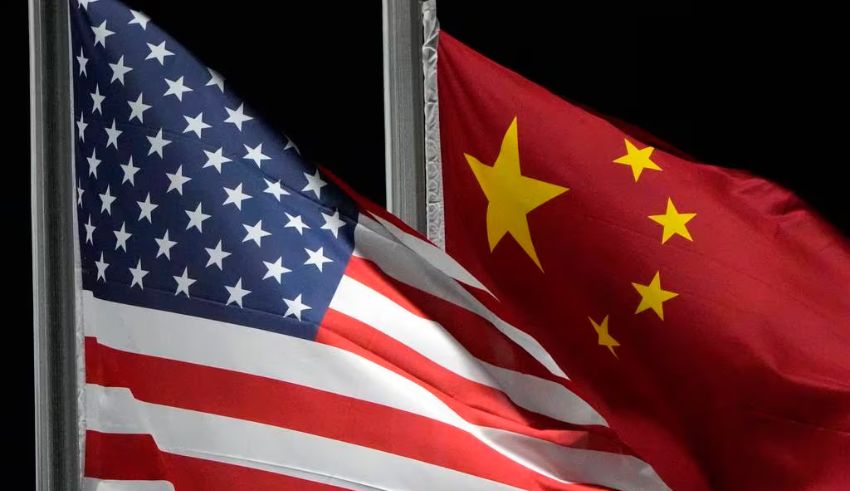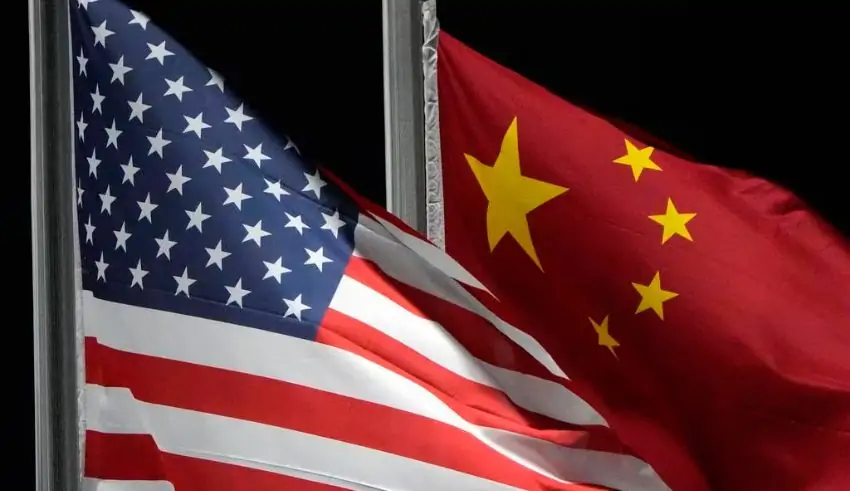

(C) C4ISRNet
China is one of the most formidable and persistent cyber adversaries of the US, posing a serious threat to the US national security, economic interests, and democratic values. China has been conducting cyber espionage, theft, sabotage, and influence operations against the US government, military, businesses, academia, and civil society, seeking to gain strategic advantages, undermine US competitiveness, and shape US public opinion.
China has also been developing and deploying cyber capabilities that could disrupt or destroy critical US infrastructure, such as power grids, telecommunications, transportation, and health care, in the event of a conflict or crisis. China has also been exploiting the vulnerabilities and loopholes of the US cyber defenses, such as the lack of coordination, regulation, and awareness among the US public and private sectors.
The US has been taking various actions to fight against the cyber threats from China, such as:
The US has been imposing sanctions and indictments on Chinese individuals and entities involved in cyberattacks and cybercrimes against the US and its allies, such as the 2014 Office of Personnel Management breach, the 2015 Anthem health insurance hack, the 2017 Equifax data theft, and the 2021 Microsoft Exchange Server exploitation.
The US has also been working with its allies and partners, such as the EU, the UK, Japan, and Australia, to coordinate and harmonize their sanctions and indictments, and to increase the costs and consequences for China’s malicious cyber activities.
The US has been enhancing its cyber resilience and deterrence, by improving its cyber capabilities, policies, and partnerships. The US has been investing in cyber innovation, research, and development, such as the creation of the Cybersecurity and Infrastructure Security Agency, the establishment of the National Cyber Director, and the launch of the National Cyber Force.
The US has also been updating and implementing its cyber strategies, doctrines, and norms, such as the 2018 National Cyber Strategy, the 2019 Department of Defense Cyber Strategy, and the 2021 Presidential Executive Order on Improving the Nation’s Cybersecurity. The US has also been strengthening its cyber alliances and coalitions, such as the Quad, the Five Eyes, and the NATO, to share information, intelligence, and best practices, and to conduct joint exercises, operations, and responses.
The US has been promoting cyber diplomacy and cooperation, by engaging and negotiating with China and other countries on cyber issues of mutual interest and concern. The US has been participating and leading in various bilateral and multilateral dialogues and forums, such as the US-China Cybersecurity Working Group, the UN Group of Governmental Experts, and the Global Conference on Cyberspace, to discuss and address the challenges and opportunities in cyberspace, and to develop and uphold the rules and norms of responsible state behavior.
The US has also been supporting and assisting other countries, especially the developing and emerging ones, to build their cyber capacity and resilience, and to combat cyber threats and crimes, such as through the Global Forum on Cyber Expertise, the Cybersecurity Capacity Building Initiative, and the Cybercrime Support Network.
The much awaited action thriller Runner is getting boosted with a stellar cast. Directed by Scott Waugh, the film has…
Emirates has launched a new product, Emirates Courier Express, which promises faster, more reliable, flexible express shipping to customers around…
Nintendo has announced the new Switch 2 to stir the gaming world with some fabulous features. This console of the…
The 65-year-old Val Kilmer, versatile and magnetic actor famous for his works in Top Gun, Batman Forever, and The Doors,…
Yashasvi Jaiswal announced a major shift in cricket clubs when he left Mumbai Cricket Association to play for Goa domestic…
NASA astronaut Sunita Williams intends to return to India to talk to leaders at the Indian Space Research Organisation (ISRO).…
This website uses cookies.
Read More